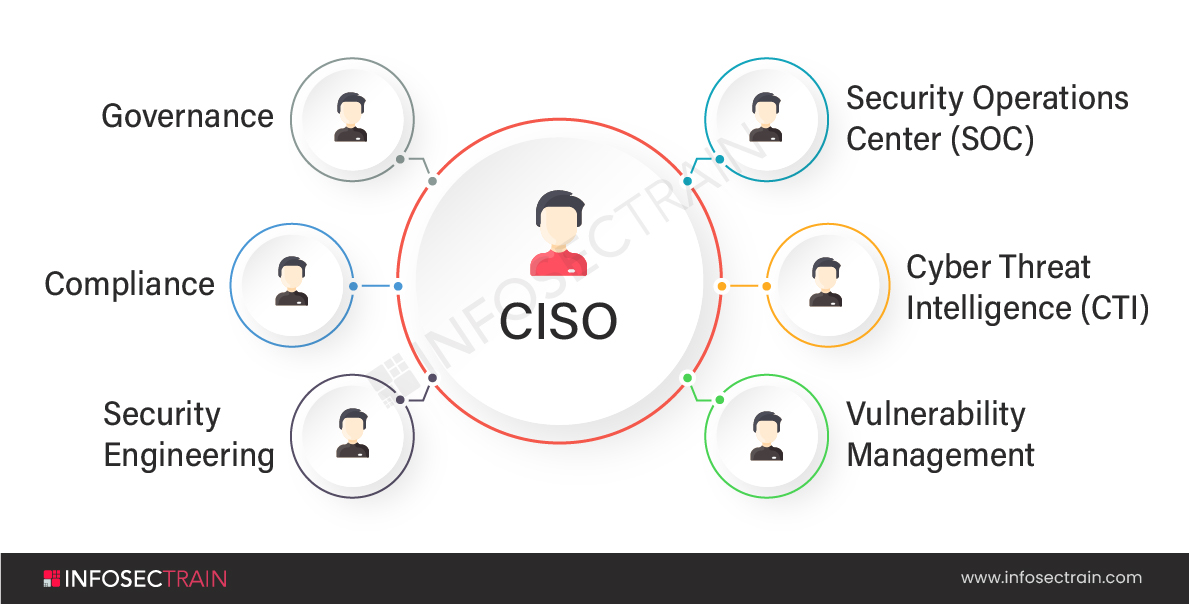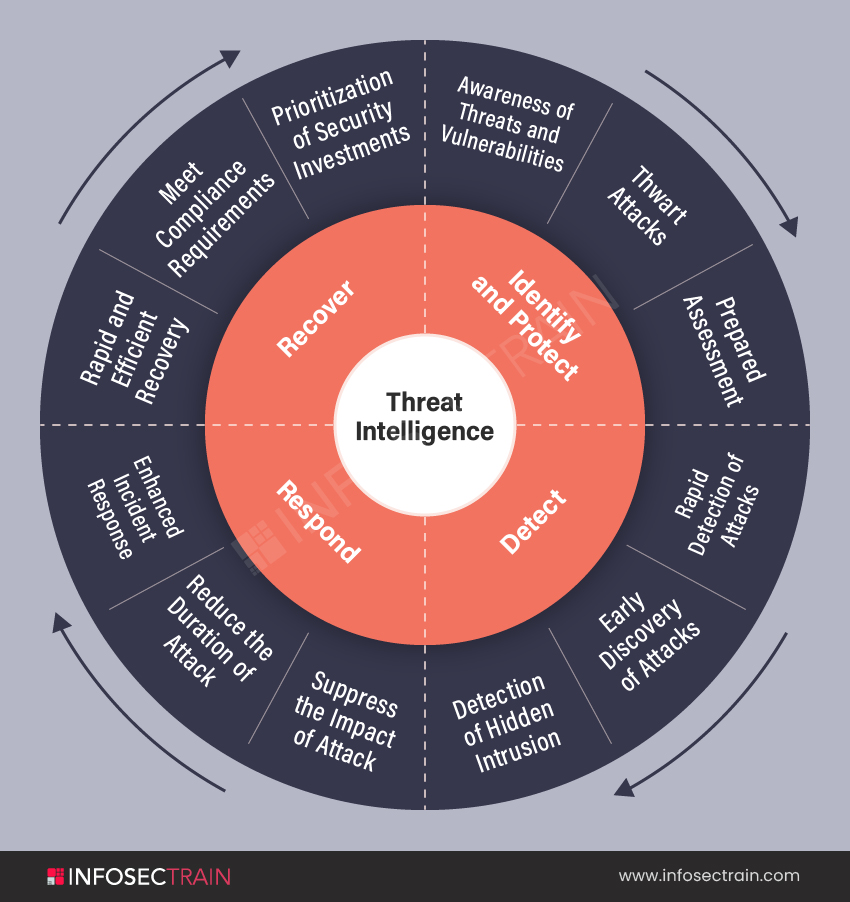Role and Responsibilities of Threat Analyst
What is a Certified Threat Intelligence Analyst?
A Certified Threat Intelligence Analyst is a position that helps create battle-ready threats posture for your organization working with IT, cybersecurity team, management, and CCISO. The CTIA is key to staying ahead on a cybersecurity battlefield.

Information Security Organization Structure

Role of Threat Analyst in Threat Intelligence Lifecycle:
1) Collection: In the collection phase Threat Analyst collects data types and sources of information. In addition to commonly collecting forms of threat data, i.e., malicious IPs and domains, vulnerability data such as personally identifiable information, and information from news and social media sources.
2) Processing: In the processing phase, the Threat Analyst performs sorting, filtering, indexing on raw data. They also format and structure raw data.
3) Analysis: In the analysis phase, the Analyst takes the result of several tools, data sources and combines those data points on a per-host basis, performing, investigating, and analyzing data.
4) Dissemination: Deliver the intelligence to the intended consumers at different levels:
-Strategic
-Tactical
-Operational
-Technical
Responsibilities of Threat Analyst:
Threat Analyst is responsible for maintaining the execution of the Cyber Threat Diagnostic service offering within the Intelligence Capability Development team. The Threat Analyst is accountable for processing, organizing, and analyzing incident indicators retrieved from the client environment, as well as correlating said indicators to various intelligence holdings. The Threat Analyst is also responsible for assisting in the coordination with internal teams and creating engagement deliverables.

Skills and Qualification for Threat Analyst Job Roles:
Technical :
- Bachelor’s degree in Computer Science, Information Technology, or another related field
- Knowledge of security operations, network monitoring or analysis, intrusion or anomaly detection analysis, threat hunting, threat attribution assessment
- Knowledge of and experience with standard network logging formats, network management systems and network security monitoring systems, security information and event management, network packet analysis tools, and forensic analysis tools.
- Knowledge of and experience with web proxy, firewalls, IPS, IDS, mail content scanning appliances, enterprise AntiVirus solutions, Network Analyzers, and domain name servers desired
Demonstrated knowledge in one or more of the following areas: network security principles, host-based security principles, network and system administration, forensic analysis principles
Additional :
- Strong organizational skills
- Strong presentation skills
- Solid teamwork skills mean the ability to collaborate with others who are researching the same or different areas than what you’re looking into
- Excellent writing/communication skills
Companies/Organizations Hiring Threat Analysts:
As per Indeed salary estimate, the average salary ranges from approximately $53,812 per year to $55,541 per year for an Intelligence Analyst. While drafting this blog, the following companies hiring for the Threat Analysts position:
How can InfosecTrain help you?
If you are looking for the same profile you can share your resume at hr@infosectrain.com



 1800-843-7890 (IN)
1800-843-7890 (IN) sales@infosectrain.com
sales@infosectrain.com
 1800-843-7890 (India)
1800-843-7890 (India) 
